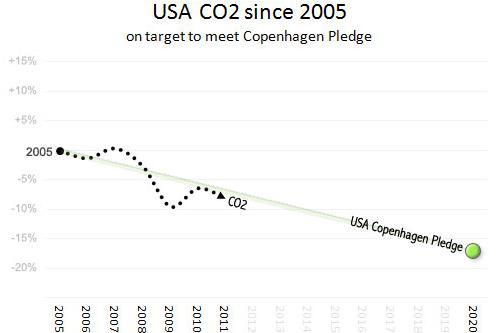"The president of the World Bank on Saturday warned the finance chiefs of the world's leading economic powers that global warming is a real risk to the planet and already affecting the world economy in unprecedented ways.
Adressing the G20 finance ministers at their meeting in Moscow, Jim Yong Kim
called on the world powers to
"tackle the serious challenges presented by climate change."
"These are not just risks. They represent real consequences," said Kim, calling the lack of attention to the issue by finance ministers and central bank chiefs "a mistake".
He said failing to tackle the challenges of climate change risked having "serious consequences for the economic outlook".
"Damages and losses from natural disasters have more than tripled over the past 30 years," said Kim, giving as examples the $45 billion of losses from the 2011 floods in Thailand, whose effects "spread across borders disrupting international supply chains."
"Years of development efforts are often wiped out in days or even minutes," Kim said, asking the G20 to "face climate change, which is a very real and present danger."
The G20 finance ministers' agenda in Moscow is dominated by concerns about competitive currency devaluations and a new drive by EU powers to force big business to pay a fair share of tax." via Tom Nelson
==================================
7/10/12, “Back-to-back La Niñas cooled globe and influenced extreme weather in 2011,“ NOAAnews.NOAA.gov
“Climate change cannot be shown to have played any role in the 2011 floods on the Chao Phraya River that flooded Bangkok, Thailand. Although the flooding was unprecedented, the amount of rain that fell in the river “catchment” area
- was not very unusual.
- were found most relevant in setting the scale of the disaster.
It was edited by Thomas Peterson, NOAA’s National Climatic Data Center; Peter Stott, UK Met Office-Hadley Center; and Stephanie Herring, NOAA’s Office of Program Planning and Integration. The study can be viewed online….
Two back-to-back La Niñas, each characterized by cooler-than-average water temperatures in the eastern equatorial Pacific,
affected regional climates and influenced many of the world’s significant weather events throughout the year. These included historic droughts in East Africa, the southern United States and northern Mexico.…
It was also associated with the wettest two-year period (2010–2011) on record in Australia, which was particularly remarkable as the wet conditions followed a decade-long dry spell."…
==============================
World Bank has spent $5.3 billion financing coal plants in recent years:
11/19/12, "More than 1,000 New Coal Plants Planned Worldwide," Damian Carrington, UK Guardian
"More than 1,000 coal-fired power plants are being planned worldwide, new research has revealed....
The huge planned expansion comes despite warnings from politicians, scientists and campaigners that the planet's fast-rising carbon emissions must peak within a few years if runaway climate change is to be avoided and that fossil fuel assets risk becoming worthless if international action on global warming moves forward....
JP Morgan Chase has provided more than $16.5bn (£10.3bn) for new coal plants over the past six years, followed by Citi ($13.8bn).
Barclays ($11.5bn) comes in as the fifth biggest coal backer and the Royal Bank of Scotland ($10.9bn) as the seventh.
The Japan Bank for International Co-operation was the biggest development bank ($8.1bn), with
=========================
The World Bank president has to lie, his bank holds billions in "carbon funds." If he told the truth about "climate" his bank stands to lose those billions and more:
1/31/13, "World Bank eyes spring launch for new carbon fund," pointcarbon.com
LONDON, Jan 31 (Reuters Point Carbon) –
"The World Bank aims to launch a new carbon fund this spring after it was
delayed almost a year because falling carbon prices made it harder to
raise cash, a senior official at the bank told Reuters Point Carbon."...
------------------------------------------
"2.5 billion under management through 10 carbon funds and facilities."
------------------------------------------
=========================
CO2 has plunged in the US:
6/4/12, “Climate change stunner: USA leads world in CO2 cuts since 2006,” Vancouver Observer, Saxifrage

“Not only that, but as my top chart shows, US CO2 emissions are falling even faster than what President Obama pledged in the global Copenhagen Accord.… Here is the biggest shocker of all: the average American’s CO2 emissions are down to levels not seen since 1964 --over half a century ago. …Coal is the number two source of CO2 for Americans. Today the average American burns an amount similar to what they did in 1955, and even less than they did in the 1940s. …It is exactly America’s historical role of biggest and dirtiest that makes their sharp decline in CO2 pollution so noteworthy
and potentially game changing at the global level.”...
.

No comments:
Post a Comment